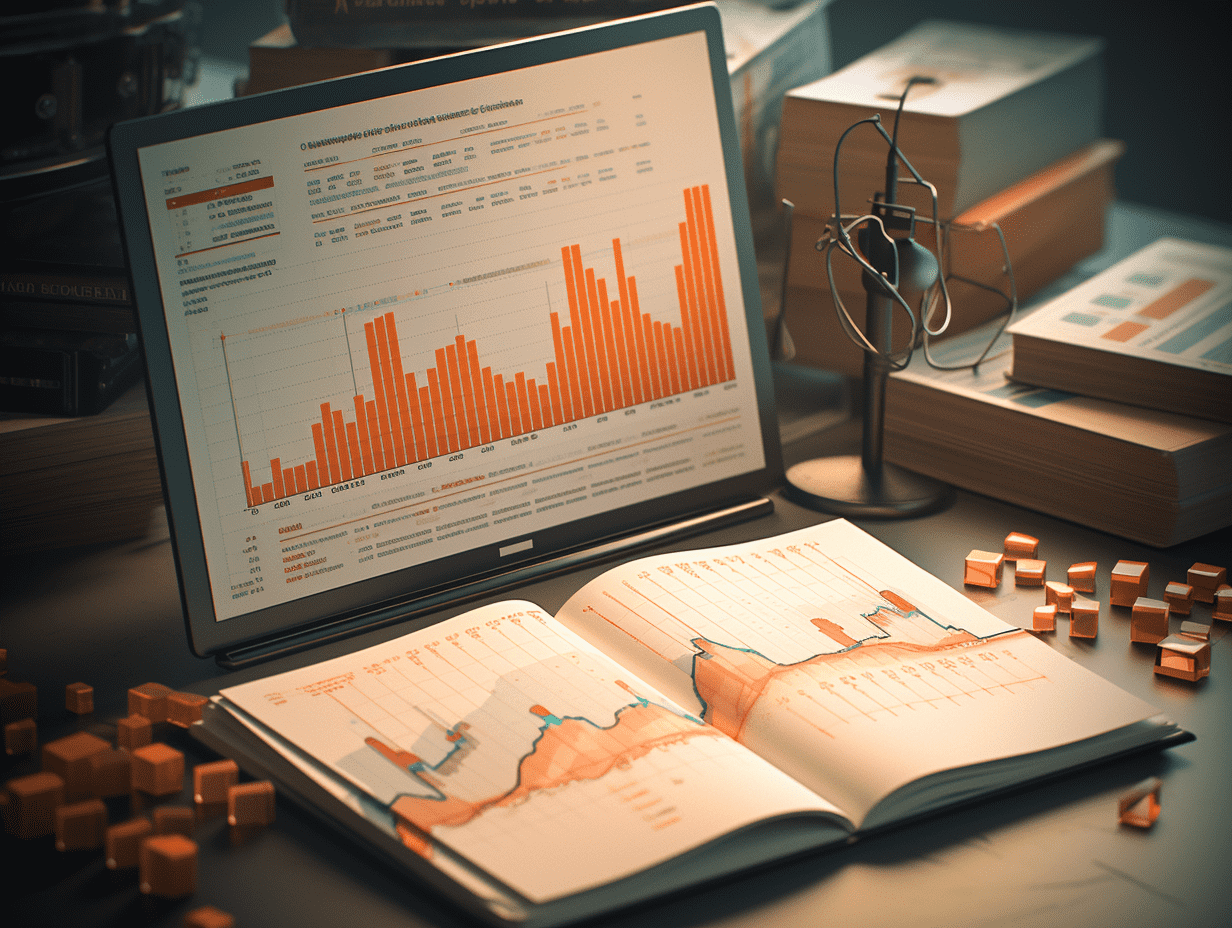
"Second battlefield of trade negotiations"? Global Finance CKH HOLDINGS central bank governors gather in Washington, IMF/World Bank spring meetings to be held next week.
The IMF and World Bank Spring Meetings will be held in Washington from April 21st to 26th, with finance ministers and central bank governors from around the world gathering.
While employment growth is one of the key focus areas of the meeting, there is no doubt that the trade tensions and their impact on the global economy will be a major topic of discussion. Finance ministers and central bank governors from CKH Holdings from around the world will also seek to meet with the Trump administration. President Trump's views on the future role of Washington in institutions such as the IMF and World Bank may become clearer.
One important agenda item is the release of the "World Economic Outlook" by the IMF next Tuesday. IMF Managing Director Kristalina Georgieva previewed on Thursday that the organization expects economic growth to be significantly cut, but there will be no recession. At the same time, inflation expectations for some countries will be raised, and warning that the long-term uncertainty of trade policy will increase the risk of financial market pressure events.
Bloomberg Economics commented that IMF forecasts tend to be optimistic. In the preliminary assessments of four major crises studied, the IMF underestimated global economic growth by 0.5 percentage points. Regardless of how much the IMF initially lowers growth forecasts, historical experience indicates that the final impact will be more severe.
IMF's global economic outlook: growth downgrade, inflation rise
The US tariff plan has caused the market to fluctuate at its highest level since the epidemic, and most economists expect that the implementation of new import tariffs will suppress growth in the short term and push up inflation.
Georgieva said that US trade policy will not "sink" the global economy, but its impact cannot be ignored. The current tariff tensions may have three major effects on the global economy; small developed economies and most emerging markets may be severely affected, as they rely on trade for growth.
First, uncertainty comes at a cost, as it is difficult for businesses to make plans if they do not know what their future input costs will be. Second, rising trade barriers will directly hit growth, with tariffs and all other taxes, as they increase revenue at the expense of reducing and shifting economic activity. Third, protectionism will erode productivity, particularly in small economies.
Georgieva called on countries to "mind their own affairs", including gradually adjusting fiscal policies to reduce debt levels when necessary, and maintaining a "flexible and credible" monetary policy, while maintaining a "firm commitment" to central bank independence.
Georgieva has long advocated for free trade, privatization, and a more open economy. She called on the largest economies to find a way out of current trade uncertainties.
In terms of trade policy, the goal must be to reach an agreement among the largest participants to maintain openness and create a fairer competitive environment.
The aim should be to "reboot the global trend of lowering tariff rates while reducing non-tariff barriers and distortions," we need a more resilient world economy, not a divided one. To facilitate this transition, policies must allow private entities time to adjust and achieve goals.
This article is from "Wall Street See News", authored by Zhao Ying; GMTEight Editor: Liu Xuan.
RECOMMEND
©️2013 - 2025 GMT EIGHT Holdings. All Rights Reserved.
Contact: [email protected]


